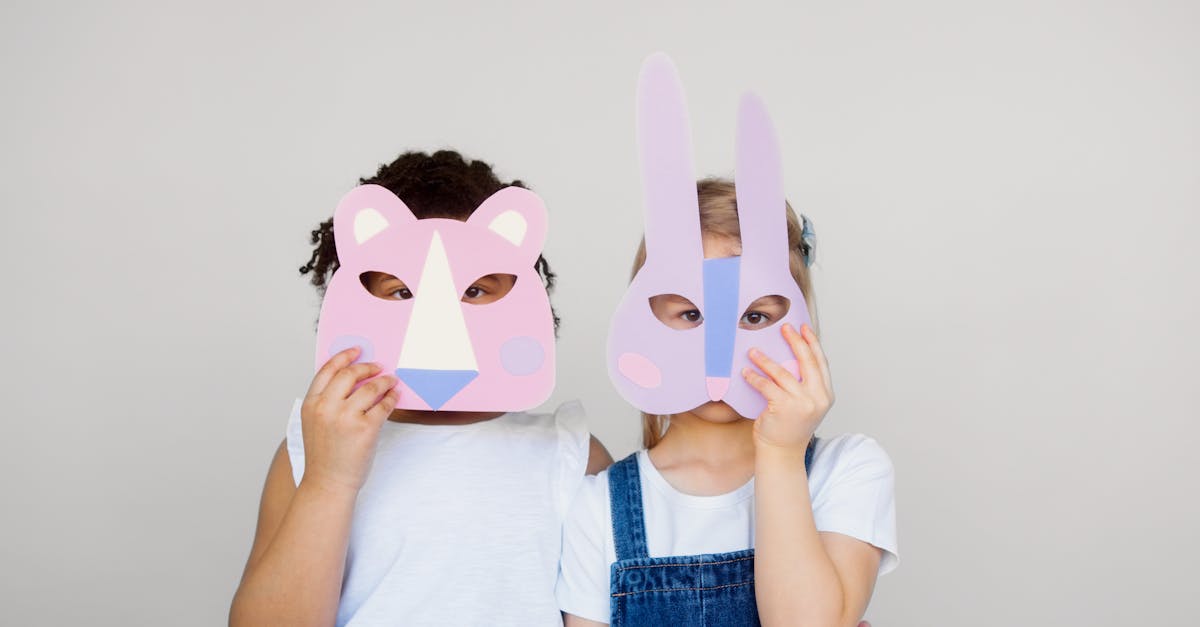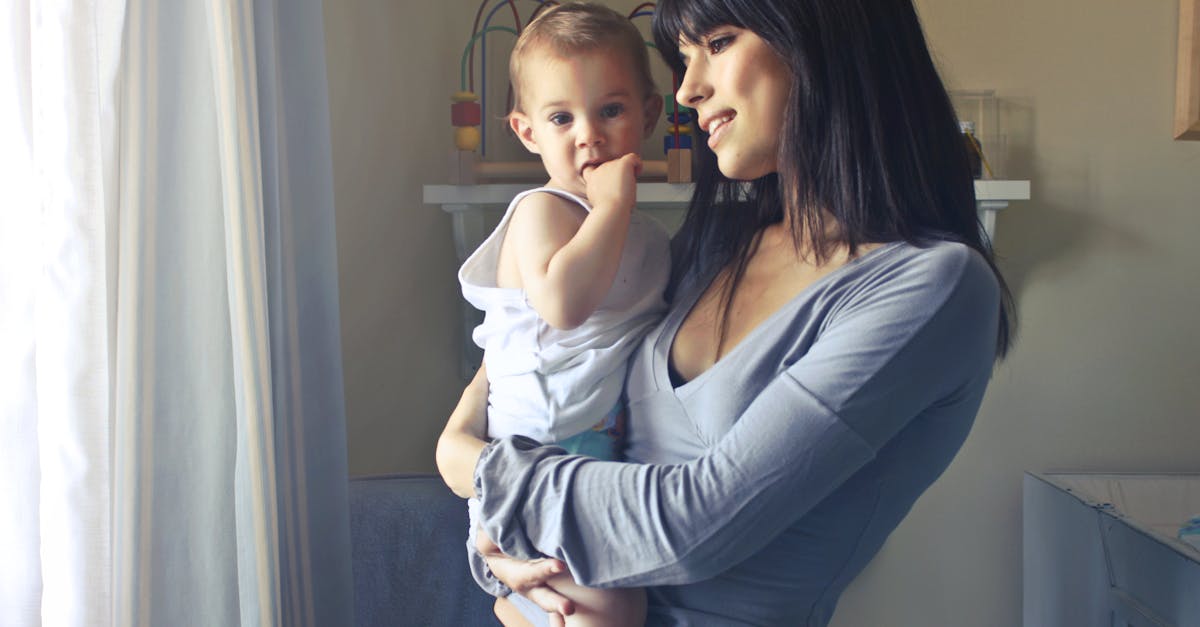Understanding Toddler Aggression
Toddlers are little balls of energy and occasionally, that energy manifests as aggression. From biting to tantrums, it can be a trying time for parents. But what causes this aggression? Often, it boils down to frustration and the inability to communicate effectively. Remember, this behavior is pretty normal. It’s a phase that usually passes. By understanding why your toddler gets aggressive, you’ll be better equipped to help them navigate through it.

Stay Calm and Composed
When faced with a tantrum or aggressive behavior, staying calm is key. Getting angry or reacting impulsively can escalate the situation. Instead, take a deep breath and respond with a soothing tone. This doesn’t mean you’re condoning the behavior but showing your toddler how to handle emotions calmly. Calmness is contagious, and your toddler will eventually learn to mirror your behavior.

Set Clear and Consistent Boundaries
Setting clear and consistent boundaries is crucial in managing toddler aggression. Explain which behaviors are acceptable and which are not, in simple terms. Follow through with consequences when necessary, but ensure they are fair and understood by your toddler. Consistency is the secret sauce here. When the rules are clear and unchanging, toddlers are less likely to test them repeatedly.

Use Positive Reinforcement
Praise goes a long way with toddlers. When they behave well, acknowledge it. Positive reinforcement encourages good behavior and gradually diminishes aggression. It could be as simple as a high-five, a sticker, or a few extra minutes of playtime.
By focusing on the positives, you help your toddler associate good behavior with positive outcomes. They’ll want to repeat the behavior that gets them attention and rewards.

Redirect Their Energy
Toddlers have plenty of energy. Redirecting it can significantly reduce aggressive outbursts. If your little one starts to get aggressive, redirect them towards a physical activity like playing with soft toys or running outside. Activities like these help them burn off excess energy in a constructive way. It’s a win-win situation: your toddler gets to play, and you see fewer aggressive behaviors.

Promote Healthy Emotional Expression
Helping your toddler express their emotions healthily is vital. Teach them to use words to express what they’re feeling, like ‘I’m mad’ or ‘I’m sad.’ Books and interactive games can be great tools for this. Emotional literacy is a skill for life, and starting early puts your toddler on the right path to managing their feelings better. It’s challenging, but rewarding in the long run.

Pexels
When to Seek Help
There are times when aggressive behavior may be more than a phase. If you notice that your toddler’s aggression is extreme, persistent, and doesn’t improve with the strategies mentioned, it may be time to seek professional help. Consulting with a pediatrician or child psychologist can provide insights and further support. Asking for help isn’t a sign of failure; it’s a proactive step to ensure your toddler’s well-being.

